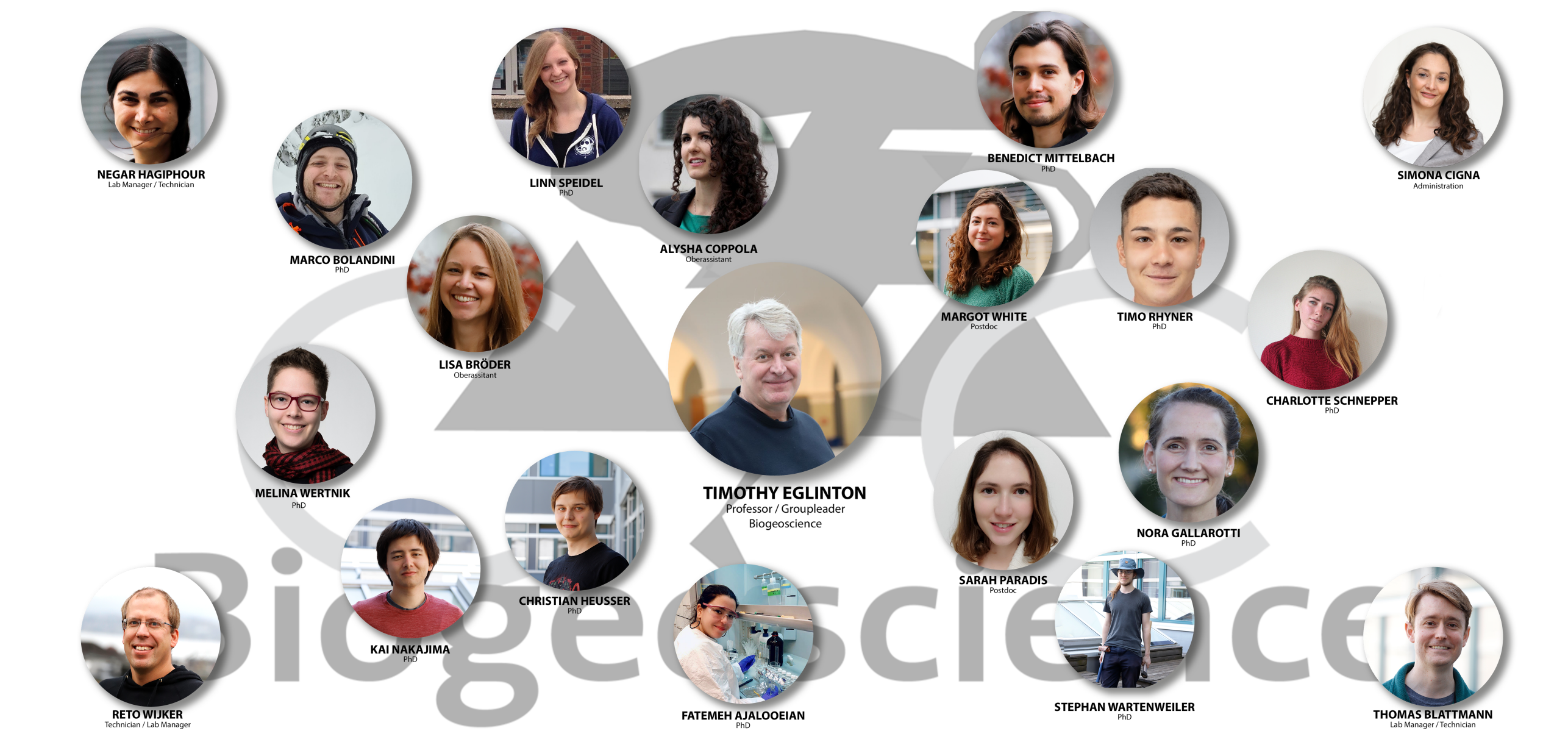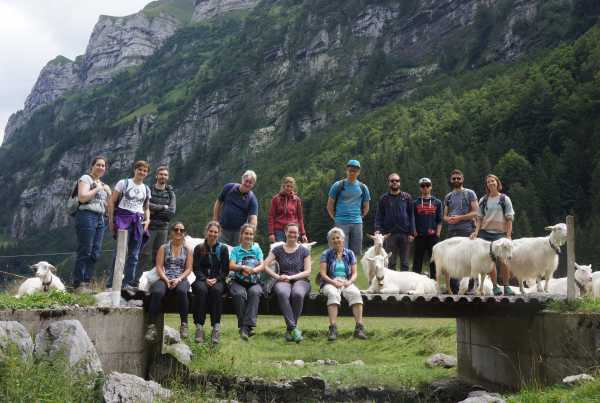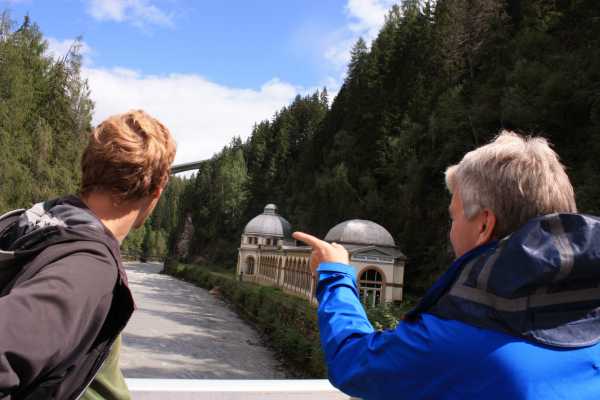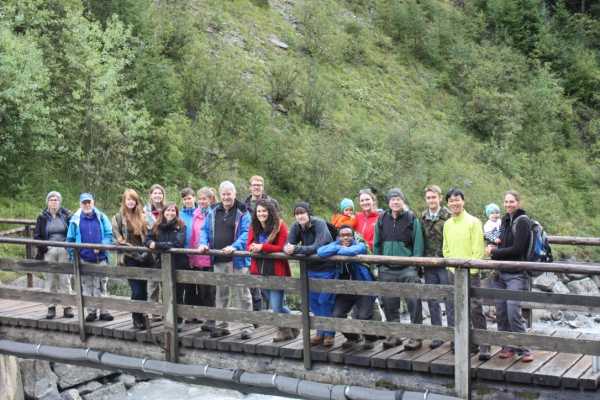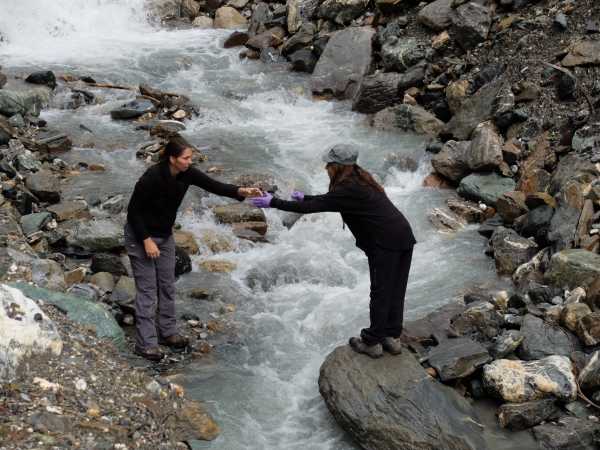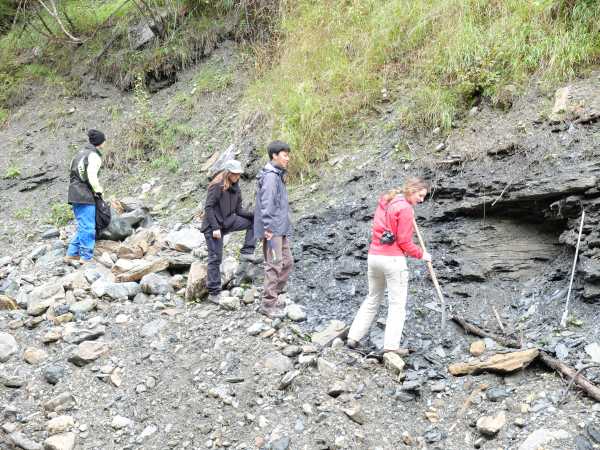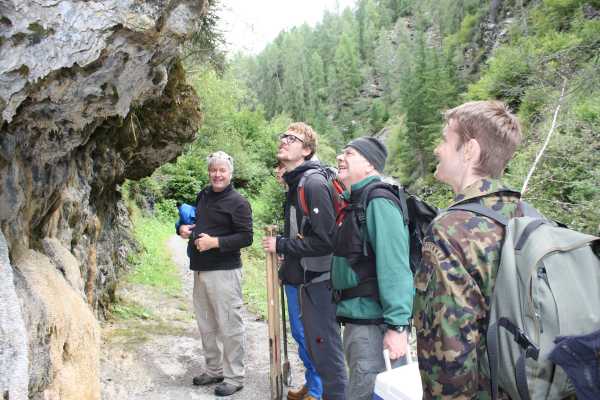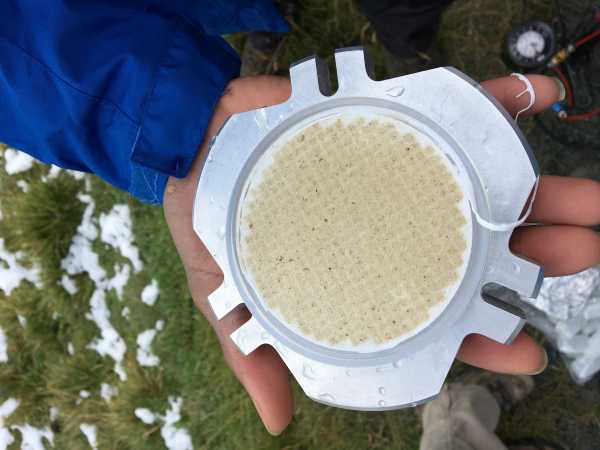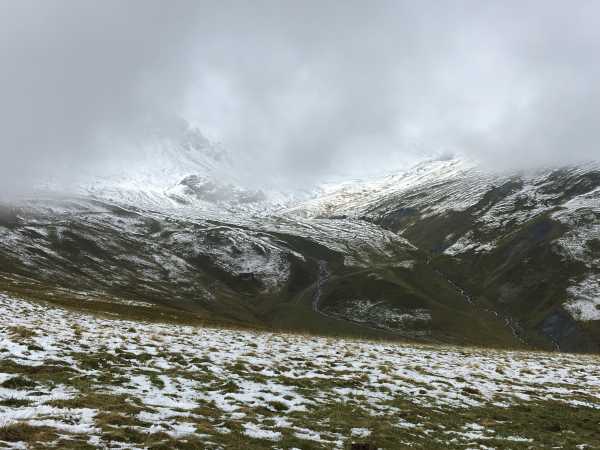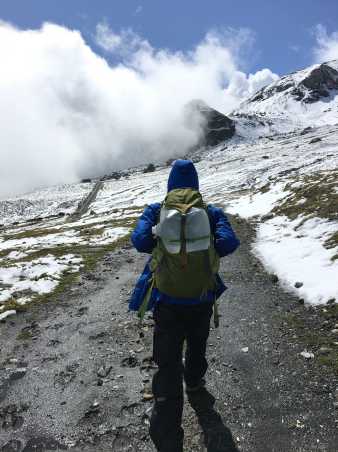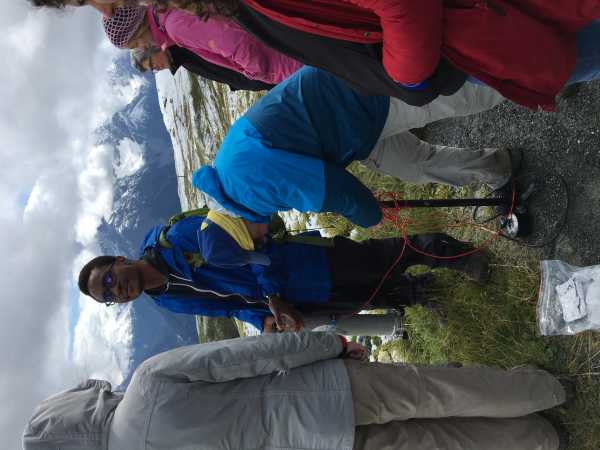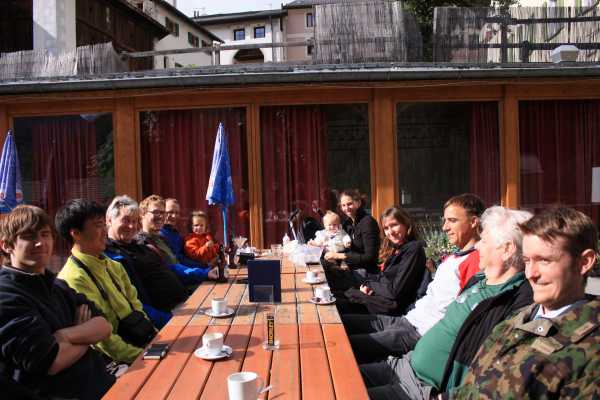About the group
Welcome to the website of the Carbon Cycle Biogeoscience (BGS) Group at ETH Zurich. We are part of the Geological Institute within the Department of Earth and Planetary Sciences. The group has been chaired by Prof. Timothy Eglinton since July 2010.
The focus of the research programme of Tim Eglinton and other members of the Biogeoscience group is to investigate the role of organic matter production, remineralization, transport and burial as a component of the global carbon cycle. A particular emphasis is on the processes that give rise to the accumulation of organic matter in ocean sediments, and on deciphering the record of past Earth and ecosystem changes embedded in these and other geological archives.
“Tracing the origin, cycling and legacy of biospheric carbon on planet Earth”Mission statement
The carbon cycle connects different reservoirs of carbon, including that held in the biosphere and atmosphere, dissolved in the oceans, and sequestered in the geosphere. Although we often think about these reservoirs simply in terms of their size, they are comprised of vastly different forms of carbon, and are interconnected via complex pathways. Much of this carbon is in reduced (organic) form, and is composed of myriad chemical structures that reflect diverse biological activity, as well as biogeochemical and physicochemical processes. Our goal is to understand the role of these reduced forms of carbon in the global cycle-past and present, including how they are produced, move around our planet, and become sequestered in the geological record. A wealth of information is held within the complex organic materials residing in different carbon reservoirs shat can shed light on the carbon cycle and its links to is other biogeochemical cycles, as well as in relation to Earth's history, the evolution of life on this planet, and the complex interplay between biological processes, climate and the geosphere. We exploit structural and isotopic properties of organic matter in order to develop molecular-level to global-scale perspectives on the carbon cycle.
